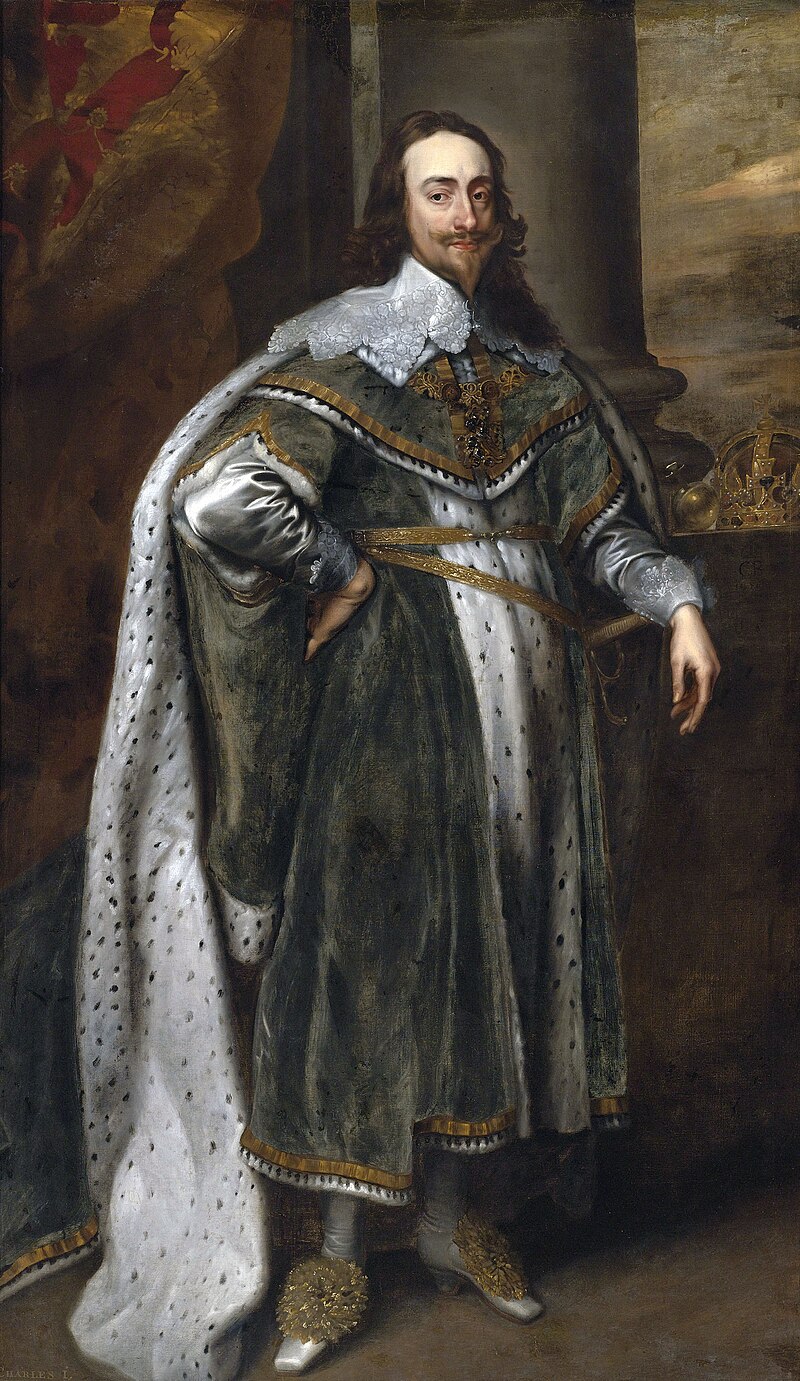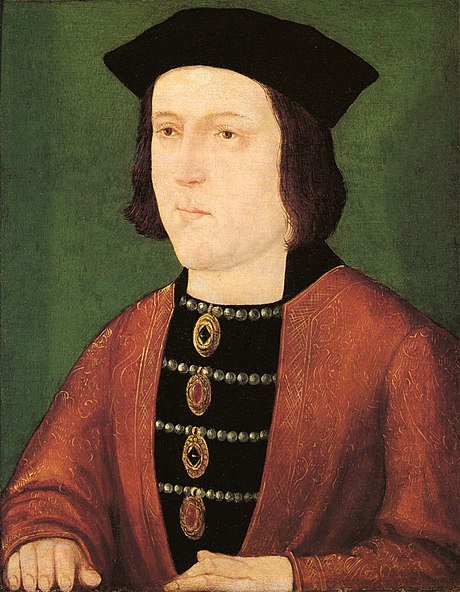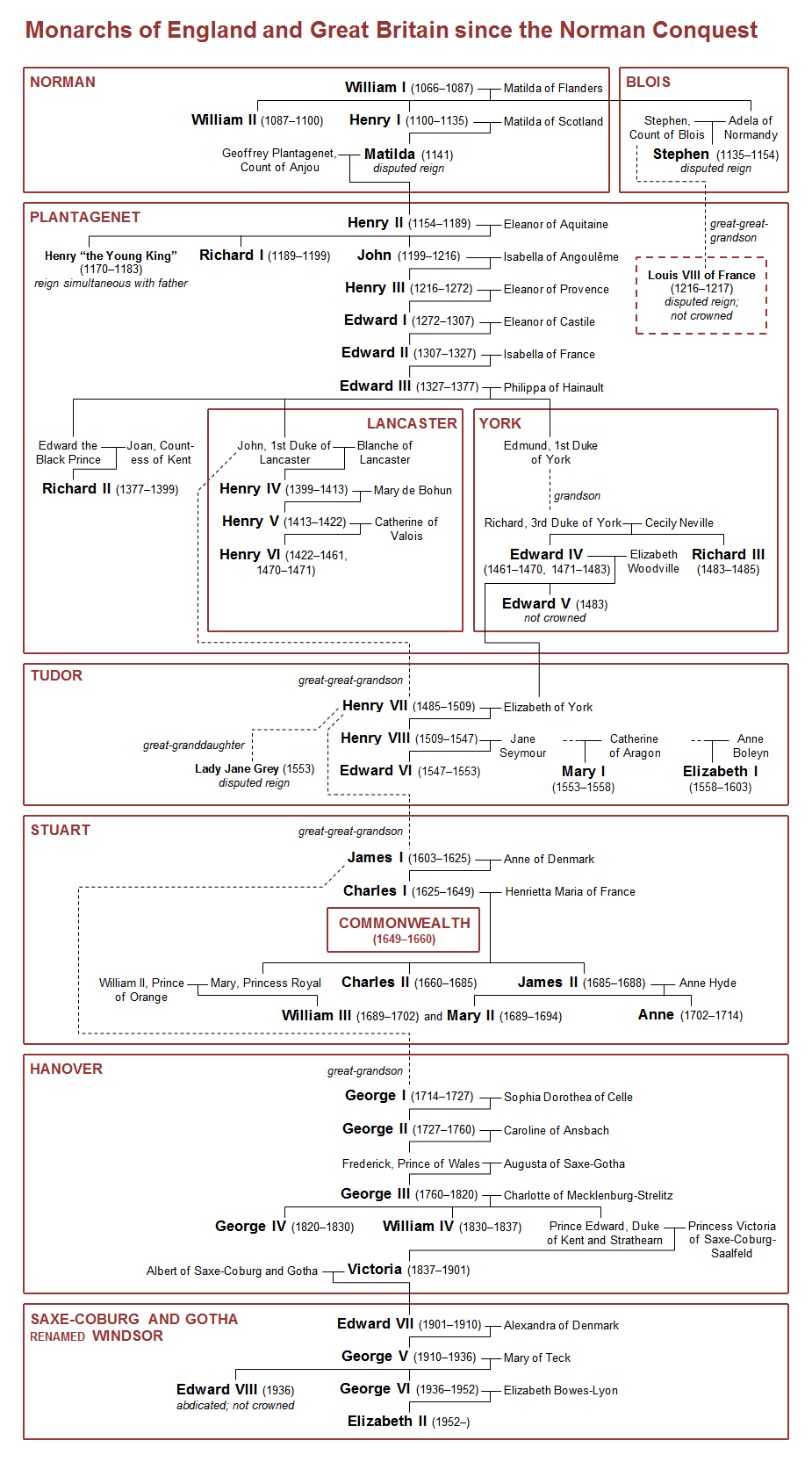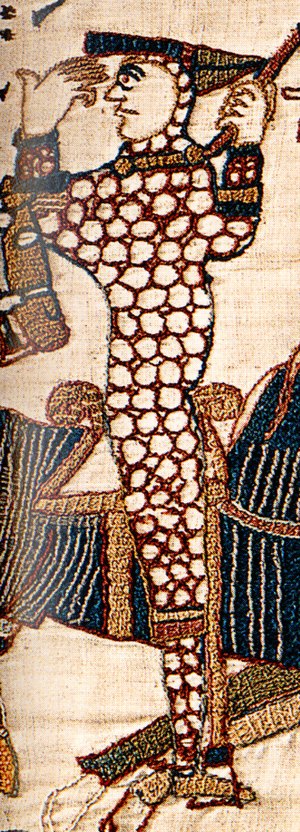Edmund Burke
Edmund Burke was a British statesman, political thinker, and Parliamentary orator who was active in the major political issues occurring in Britain in 1785. He was part of the controversy between King George III and Parliament, who, he believed, were attempting to exert too much control over the executive. He argued that though the king's actions did not legally defy the constitution, they went against the constitution in spirit. Similarly, during the American imperial crisis, Burke argued that the British government's treatment of the colonies followed the letter of the law, but lacked consistency and respect for the colonies' claims.
As a Whig Parliamentarian, Burke supported Americans grievances against Great Britain, especially in the area of taxation. However, he criticized the French Revolution for being destructive to society.

 Charles I
Charles I





 George III in later life, engraving by Henry Meyer.
George III in later life, engraving by Henry Meyer. Richard II, who inherited the throne in 1377 at the age of 10.
Richard II, who inherited the throne in 1377 at the age of 10. William the Conqueror, as depicted on the Bayeux Tapestry
William the Conqueror, as depicted on the Bayeux Tapestry The State Apartments at Windsor Castle
The State Apartments at Windsor Castle
 Louis XIV, 1701
Louis XIV, 1701